News
-
 Science & Society
Science & SocietyWhy it’s so hard for a one-hit wonder to have a lasting music career
An analysis of nearly 3 million pop songs from 1959 to 2010 shows fame is a dance between similarity and innovation.
By Chris Gorski -
 Astronomy
AstronomyThe sun’s searing radiation led to the shuffling of the solar system’s planets
As the young sun’s radiation evaporated gas from its surrounding disk, it triggered a jumbling of the giant planets’ orbits, simulations suggest.
By Liz Kruesi -
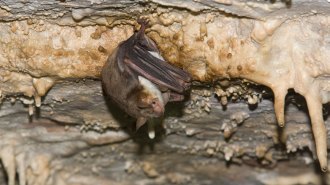 Life
LifeThese bats buzz like wasps and bees. The sound may deter hungry owls
Researchers have identified what may be the first known case of a mammal mimicking an insect.
By Jake Buehler -
 Health & Medicine
Health & MedicineHow to wash chicken in the kitchen more safely, according to physics
Despite the advice of health experts, most people who cook chicken at home wash it. New research offers ways to reduce spreading dangerous germs.
-
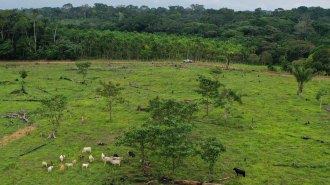 Climate
ClimateReplacing some meat with microbial protein could help fight climate change
Just a 20 percent substitution could cut deforestation rates and land-use CO2 emissions by more than half by 2050, a new study suggests.
-
 Oceans
OceansHow some sunscreens damage coral reefs
In lab experiments, sea anemones and coral turned oxybenzone into a toxin activated by light. But helpful algae may provide a layer of protection.
-
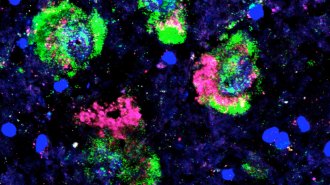 Neuroscience
NeuroscienceA very specific kind of brain cell dies off in people with Parkinson’s
Of out 10 kinds of dopamine-making nerve cells, only one type is extra vulnerable in Parkinson’s disease.
-
 Archaeology
ArchaeologyAncient ‘smellscapes’ are wafting out of artifacts and old texts
In studying and reviving long-ago scents, archaeologists aim to understand how people experienced, and interpreted, their worlds through smell.
By Bruce Bower -
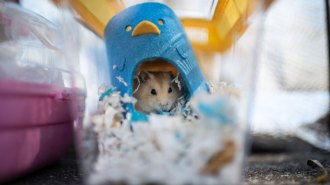 Animals
AnimalsSome hamsters are extremely susceptible to COVID-19
Golden Syrian hamsters used in research and popular as pets can become infected with SARS-CoV-2 with very low doses of the virus, a new study suggests.
-
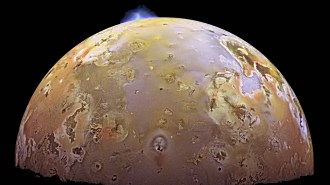 Planetary Science
Planetary ScienceLava and frost may form the mysterious lumps on Jupiter’s moon Io
Jets of gas released when hot meets cold on the volcanic moon Io could generate sprawling fields of dunes, a study finds.
By Nikk Ogasa -
 Health & Medicine
Health & MedicineThe body’s response to allergic asthma also helps protect against COVID-19
A protein called IL-13 mounts defenses that include virus-trapping mucus and armor that shields airway cells from infection.
-
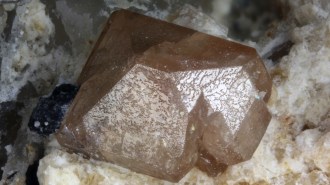 Earth
EarthAncient zircons may record the dawn of plate tectonics
A change in gemstone composition starting about 3.8 billion years ago may offer the earliest record of one tectonic plate sliding over another.
By Nikk Ogasa